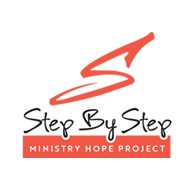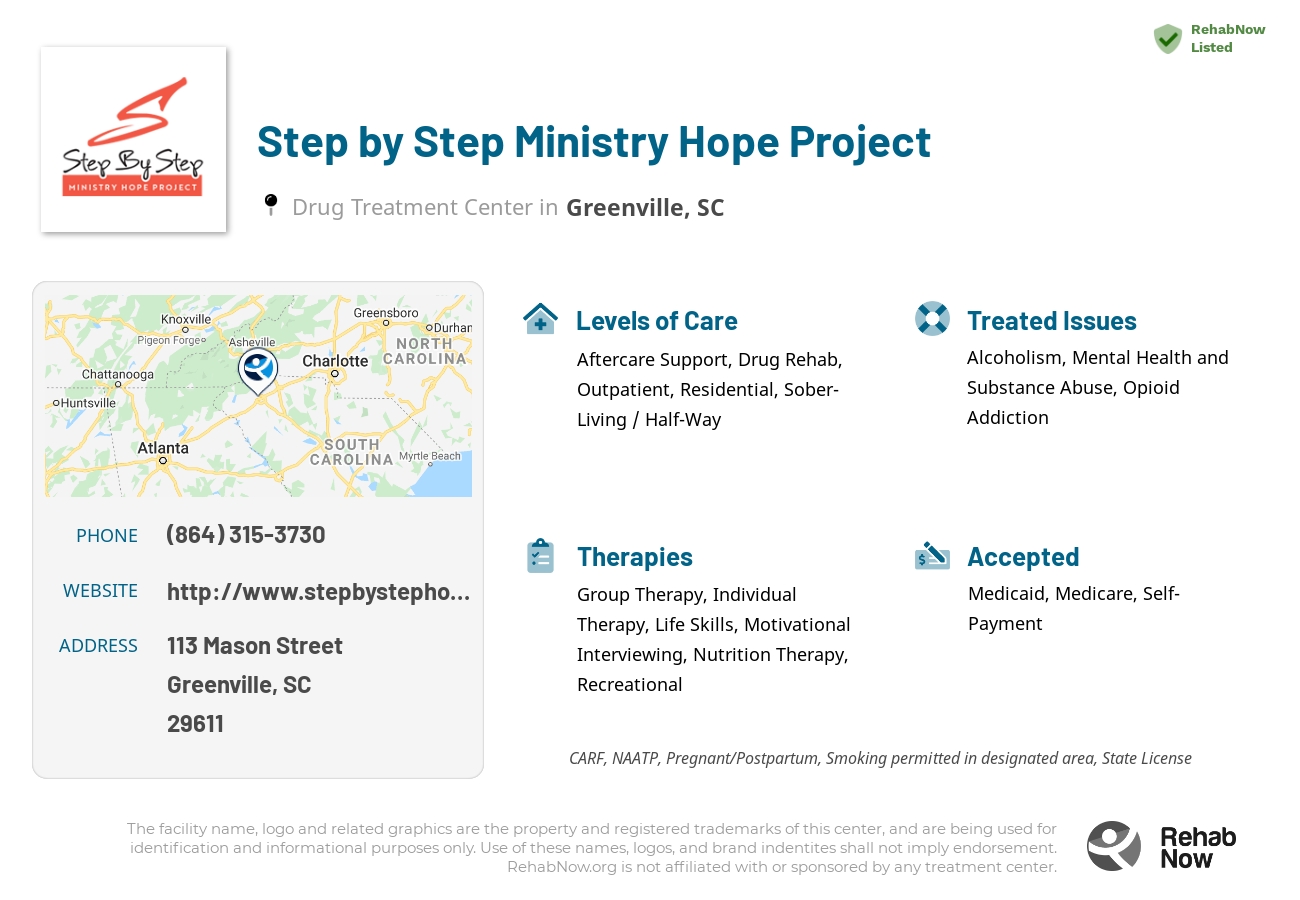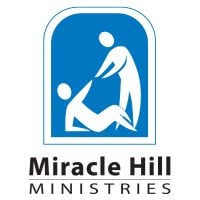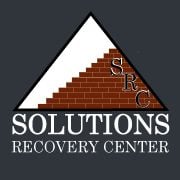Step by Step Ministry Hope Project
Drug Rehab Center in Greenville, South Carolina
Step by Step Ministry Hope Project, located in Greenville, South Carolina, is a treatment center providing customized, holistic services for individuals struggling with addiction and substance abuse, including therapy, counseling, peer support, and life-skills development, and is accredited by CARF International and licensed by DAODAS, recognized for its high-quality care and successful outcomes.
About Step by Step Ministry Hope Project in South Carolina
Step by Step Ministry Hope Project in Greenville, South Carolina is a treatment center committed to providing help to individuals struggling with addiction and substance abuse. They use a holistic approach to provide support for every aspect of recovery for those going through addiction, working to help individuals restore their lives and families. Step by Step Ministry Hope Project has a range of services to provide customized treatment for each individual's needs, such as evidence-based therapy and counseling, peer support, life-skills development, and social integration. They provide a safe and comfortable environment for individuals to get the help they need during their recovery journey.
Step by Step Ministry Hope Project offers integrated services to help clients find solutions to their addiction issues. This includes professional assessments, individual therapy, group therapy, family counseling, and aftercare planning. They also have an in-house 12-step program to further help individuals gain the tools they need to break free from addiction. To ensure the best outcomes, their team is available 24/7 to provide support and guidance. They also offer a unique practitioner-referred treatment program, which is designed to enhance recovery results through an integrated approach.
Step by Step Ministry Hope Project is accredited by the Commission on Accreditation of Rehabilitation Facilities (CARF International) and licensed by the South Carolina Department of Alcohol and Other Drug Abuse Services (DAODAS). They are supported by the South Carolina Department of Mental Health, and also have an active board of directors and community partners. They are members of the South Carolina Association for Alcoholism and Drug Abuse (SCAADA) and the National Association of Addiction Treatment Providers (NAATP). In addition, their program has been recognized for its high-quality care and successful outcomes.
Genders
Ages
Modality
Additional
Conditions and Issues Treated
Opioid addiction treatment should be done in a medically supervised drug rehab. While taking opioids, users will typically use other substances to enhance the effects of opioids or to reduce the adverse effects of opioid use. Opioid addiction treatment will include detoxification and drug rehab counseling to help both the user and their loved ones learn how to live a successful sober lifestyle.
Treatments such as methadone, buprenorphine, and naltrexone are three medications that can help treat opioid addiction. These drugs work on the brain’s pleasure center and reduce cravings and the effects of illicit opioids such as heroin. These drugs can be either given orally or by injection. Individual drug rehab counseling sessions can be helpful to discuss any questions or concerns with the drug treatment program. This counseling will also help the user set goals for when they finish drug rehab.
Opioid addiction recovery is a long process. Many of the changes to the brain caused by opioid use cannot be undone, but with time and the proper treatment, a person can return to normal function. After detox, treatment will include drug rehab counseling and entering a halfway house or sober living community. Aftercare is critical to long-term recovery, as it helps the user avoid relapsing and entering back into drug rehab.
Levels of Care Offered
This center offers a variety of custom treatment tailored to individual recovery. Currently available are Aftercare Support, Drug Rehab, Inpatient, Outpatient, Residential, Sober-Living / Half-Way, with additional therapies available as listed below.
Inpatient treatment for alcoholism or drug addiction is an option that provides the addict with a supportive environment in which they can stop using. This type of treatment is appropriate for addicts that are most in need of intensive care and supervision. This includes those who were unable to quit on their own, those who need more structure than they can get in outpatient treatment.
“Outpatient treatment is ideal for those who have a lower intensity addiction. It’s also suitable for those with a supportive environment and those on a tight budget.
Outpatient treatment can be considered the lowest intensity level of addiction treatment. It is ideal for early phase addiction or lower intensity addictions. It may involve weekly sessions instead of daily. Peer group support, 12-step programs, and individual counseling may still be used and anti-addiction medication.
Sober living homes are halfway houses where people can stay for a while and stabilize themselves—no drinking or drugging, paying rent/bills, etc. There is no minimum or maximum stay, but as long as you follow these simple guidelines, it’s an excellent chance to move forward into sobriety!
For many, this is a new beginning, a reset. The opportunity to establish new routines and healthy habits that will result in long-term sobriety is given to those who have lost everything due to addiction. It’s also common for people to move from one sober living home to another, each step closer to a drug and alcohol-free life.
Residential treatment programs are those that offer housing and meals in addition to substance abuse treatment. Rehab facilities that offer residential treatment allow patients to focus solely on recovery, in an environment totally separate from their lives. Some rehab centers specialize in short-term residential treatment (a few days to a week or two), while others solely provide treatment on a long-term basis (several weeks to months). Some offer both, and tailor treatment to the patient’s individual requirements.
Aftercare support is vital to those who have completed a drug or alcohol treatment program. This support comes in individual and family counseling, treatment of psychiatric and other medical conditions, and medications to reduce cravings. It helps recovering addicts adjust to normal day-to-day activities and can last for a year or longer.
The majority of drug and alcohol addicts who receive aftercare treatment do not relapse. It is estimated that without aftercare, the relapse rate will be between 70 to 90 percent for most people. Aftercare is the final stage in addiction recovery, but it will also help maintain sobriety if relapse does occur.
Therapies & Programs
No single treatment works for all addicts; therefore, the goal of treatment and therapy should be to find what works best for each individual. Some people requiring addiction treatment may only need a few weeks of inpatient care. Others will require long-term residential care. Tolerance and withdrawal levels vary from person to person and thus affect the intensity of the treatment needed.
If an individualized approach to treatment and therapy is not offered, addicts may fail to reap benefits from their efforts. Professionals must customize plans according to their patient’s needs, limitations, and strengths. The goal of all forms of addiction treatment should be for addicts to find healthy ways to cope with their addiction and its underlying causes.
Group therapy is held in a safe, controlled setting where patients can feel comfortable sharing their struggles and gaining perspective through shared conversations. It takes place in a group rather than one on one to prevent feelings of isolation or being unique in their situation while creating an environment for addicts at Step by Step Ministry Hope Project to develop fellowship, accountability, and support. Group therapy is an important tool in recovery that prevents cravings that prompt a return to active addiction.
Cognitive-behavioral therapy is a talking-based method that helps people struggling with addiction replace destructive behaviors with healthier ones. CBT also helps them identify the underlying thoughts and beliefs that cause these behaviors in the first place and ways to control those thoughts and feelings. It can be administered as a holistic therapy or as part of combination therapy and—as opposed to turning to drugs and alcohol—helps addicts learn how to respond to negative thoughts instead.
Life skills training is beneficial for addicts in recovery because it helps them learn how to take care of themselves and improve their quality of life, which can promote feelings of purpose and motivation.
This type of treatment works by teaching individuals life-enhancing skills that support positive living, including:
- Healthy lifestyle habits
- Skills to effectively manage stress
- Effective communication skills to help them get their needs met without turning to drugs or alcohol
- Money management and budgeting skills so they can continue to take care of themselves after treatment ends.
When you leave a healthy lifestyle behind to live as an addict, your body becomes unbalanced. Nutritional deficiencies gradually creep in, and before you know it, you’re facing severe health problems. For people who are trying to kick their drug addiction, nutrition therapy at Step by Step Ministry Hope Project is a great tool. It helps restore balance to the body, and for many addicts, it represents the first step on the road to recovery.
Nicotine replacement therapy is a way for people to get the nicotine they are addicted to without having to smoke cigarettes. There are several different types of devices that have been approved for NRT. Studies have shown that all NRTs work better than placebo (fake treatment). NRT helps smokers get nicotine into their system without resorting to smoking and experiencing aggressive withdrawal symptoms. Coupling NRT with counseling and other means of support gives long-term smokers a better chance of removing their unhealthy habit.
Payment Options Accepted
For specific insurance or payment methods please contact us.
Additional Details
Specifics, location, and helpful extra information.
Greenville, South Carolina 29611 Phone Number(864) 315-3730 Meta DetailsUpdated November 25, 2023
Staff Verified
Step by Step Ministry Hope Project Patient Reviews
There are no reviews yet. Be the first one to write one.
Greenville, South Carolina Addiction Information
More than 610,000 of South Carolina residents, or a staggering 11.9% of the state population, uses illicit drugs and another 230,000 residents abuse alcohol every year. A majority of the illegal drugs used and abused are opioids. Marijuana use and underage drinking occur amongst the young residents of this state–though at a lower rate compared to the national average.
Drug abuse and addiction are major problems in Greenville, SC. Opioids were involved in 82% of all overdose deaths in 2016. The number of people dying from opioid overdoses in Greenville has quadrupled since 2010. When looking for a rehab center, it is important to consider the individual's needs and preferences. Some of the most common types of treatment include inpatient rehab, outpatient rehab, and therapy.
Treatment in Nearby Cities
- Newberry, SC (60.7 mi.)
- Batesburg, SC (82.3 mi.)
- Conway, SC (205.3 mi.)
- Liberty, SC (15.4 mi.)
- Chesterfield, SC (133.2 mi.)
Centers near Step by Step Ministry Hope Project
The facility name, logo and brand are the property and registered trademarks of Step by Step Ministry Hope Project, and are being used for identification and informational purposes only. Use of these names, logos and brands shall not imply endorsement. RehabNow.org is not affiliated with or sponsored by Step by Step Ministry Hope Project.










